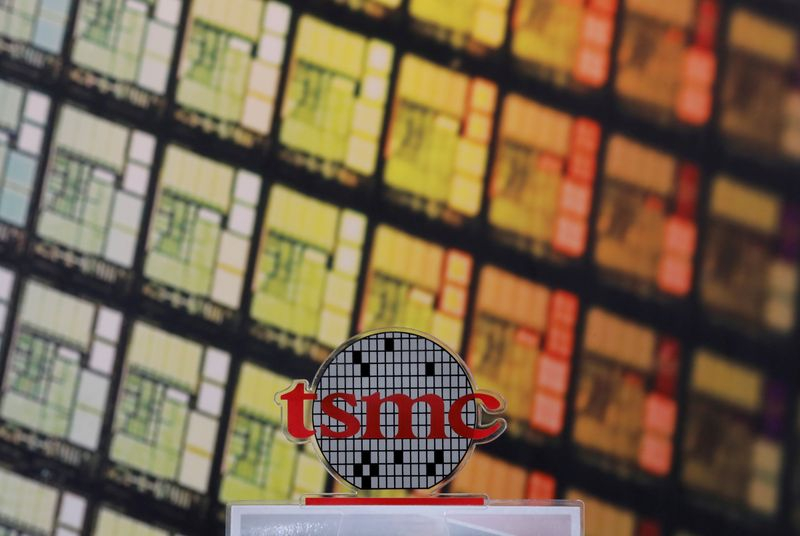Taiwan says asking chip firms to help ease auto chip shortage By Reuters

TAIPEI (Reuters) – Taiwan’s Ministry of Economic Affairs said on Sunday it has received requests through diplomatic channels to help ease a shortage of chips for the auto sector and that it has asked local tech firms to provide “full assistance”.
Automakers around the world are shutting assembly lines because of a global shortage of semiconductors that in some cases has been exacerbated by the former Trump administration’s actions against key Chinese chip factories, according to industry officials.
The shortage has affected Ford Motor (NYSE:F) Co, Subaru Corp, Toyota Motor Corp, Volkswagen (DE:VOWG_p), Nissan Motor Co Ltd, Fiat Chrysler Automobiles and other car makers.
The government in Taiwan, home to the world’s largest contract chipmaker Taiwan Semiconductor Manufacturing Co Ltd (TSMC), said it has been contacted by foreign governments about the problem.
“Since the end of last year, diplomatic channels have indeed received requests from relevant countries due to the shortage of automotive chips,” the Ministry of Economic Affairs said, after media reports that German Economy Minister Peter Altmaier had written to Taiwan’s government about the problem.
The ministry said it had not yet received the letter from Germany and couldn’t comment on its contents.
The ministry said major international automakers are not direct customers of Taiwanese semiconductor chip makers, but that other automotive chip makers place orders with Taiwan manufacturers and sell them to car makers.
“The relevant supply and demand situation is also closely related to the plans of automotive chip factories to reduce inventory during the off-season,” the ministry said.
It said it had begun talks with domestic chip suppliers in response to requests from other countries and “asked the chip manufacturers to provide full assistance”.
TSMC, in a statement, said the issue of chips shortages for auto companies was very important to them.
“It is our top priority, and TSMC is working closely with our automotive customers to resolve the capacity support issues,” it said.

